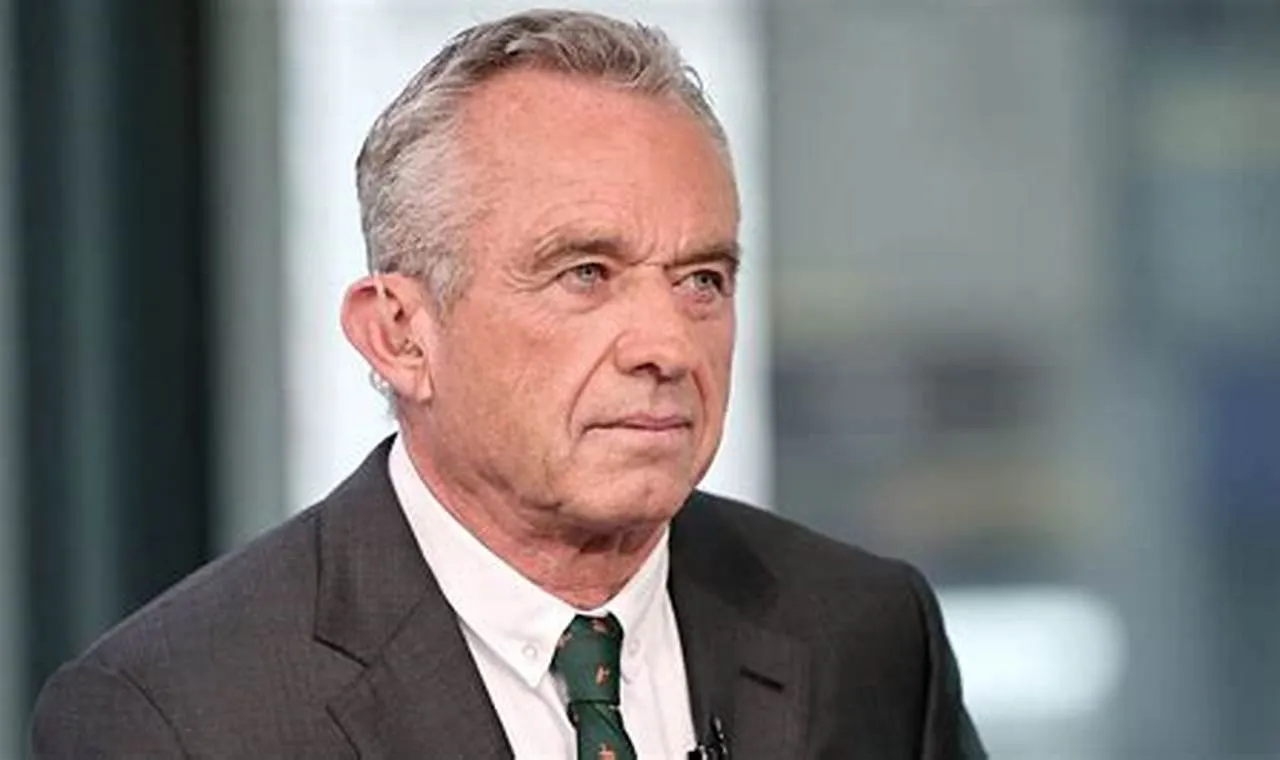RFK Jr. Takes Center Stage: What His Health Secretary Nomination Means for America
In a move that has sent shockwaves through the political and medical communities, Robert F. Kennedy Jr. has been nominated to serve as the Secretary of Health and Human Services (HHS), marking a potentially transformative moment in American healthcare policy. The nomination, put forward by President-elect Donald Trump, represents a significant departure from traditional health leadership and has ignited a fierce national debate about the future of public health in the United States.
Who is Robert F. Kennedy Jr.? A prominent environmental lawyer and long-standing controversial figure, Kennedy has built a reputation as a vocal critic of mainstream medical and scientific consensus. His background is a complex tapestry of environmental activism, legal challenges, and highly contentious health policy stances that have consistently challenged established medical narratives.
The nomination comes with unprecedented implications for the nation’s health infrastructure. Kennedy’s well-documented skepticism towards vaccination and pharmaceutical regulations has raised alarm bells among public health experts. Dr. Emily Rodriguez, a prominent epidemiologist, noted, “This nomination represents a potential paradigm shift in how we approach public health policy.”
Key aspects of Kennedy’s potential leadership include:
- Radical restructuring of federal health agencies
- Questioning established vaccine protocols
- Challenging pharmaceutical industry relationships
- Emphasizing environmental health considerations
Critics argue that Kennedy’s views fundamentally contradict scientific consensus. His long-standing anti-vaccine stance has been particularly controversial, with numerous medical associations expressing serious concerns about his potential leadership. The American Public Health Association has been vocal in its opposition, arguing that his nomination could undermine decades of evidence-based health practices.
Supporters, however, see Kennedy as a necessary disruptor. They argue that his outsider perspective could bring much-needed scrutiny to government health institutions. “We need someone willing to ask difficult questions,” says political analyst Mark Thompson. “Kennedy represents a challenge to the status quo.”
The nomination’s potential impact extends far beyond traditional policy discussions. Kennedy has proposed radical changes, including:
- Eliminating FDA fees paid by pharmaceutical companies
- Restructuring the National Institutes of Health
- Reexamining vaccine safety protocols
- Investigating potential environmental health risks
Politically, the nomination represents a complex realignment. Kennedy’s selection bridges traditional partisan divides, attracting support from both libertarian-leaning conservatives and progressive critics of pharmaceutical industries. This unexpected coalition highlights the nuanced nature of his political positioning.
The confirmation process promises to be intense and closely watched. Senate hearings will likely involve rigorous examination of Kennedy’s qualifications, scientific understanding, and policy proposals. Medical professionals, policy experts, and political analysts are preparing for what could be one of the most contentious cabinet confirmations in recent memory.
As the nation watches, one thing becomes clear: Robert F. Kennedy Jr.’s potential leadership of HHS could fundamentally reshape American healthcare. Whether this represents a bold reimagining of public health or a dangerous departure from scientific consensus remains to be seen.
The coming months will be critical in determining the trajectory of American health policy.
Disclaimer: This article presents a balanced perspective on the nomination and does not endorse any specific political stance.






Leave a Comment